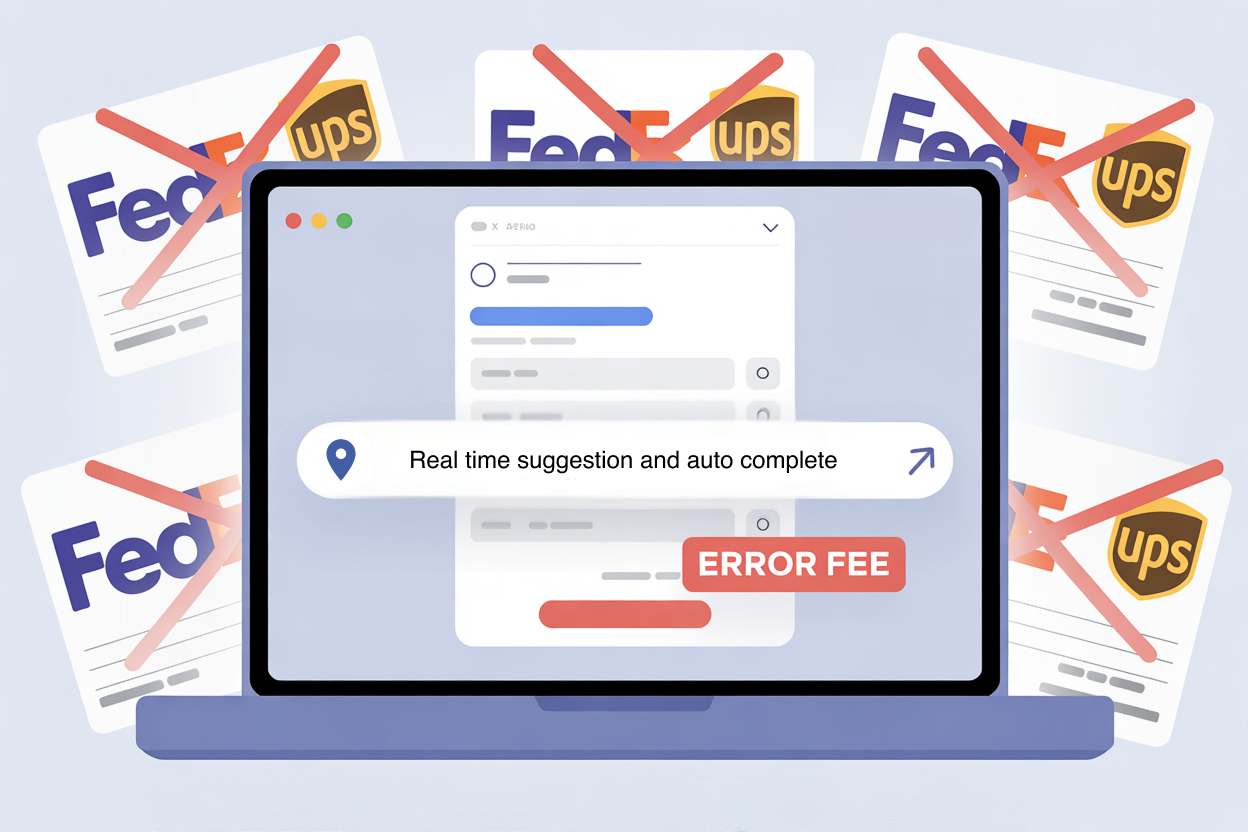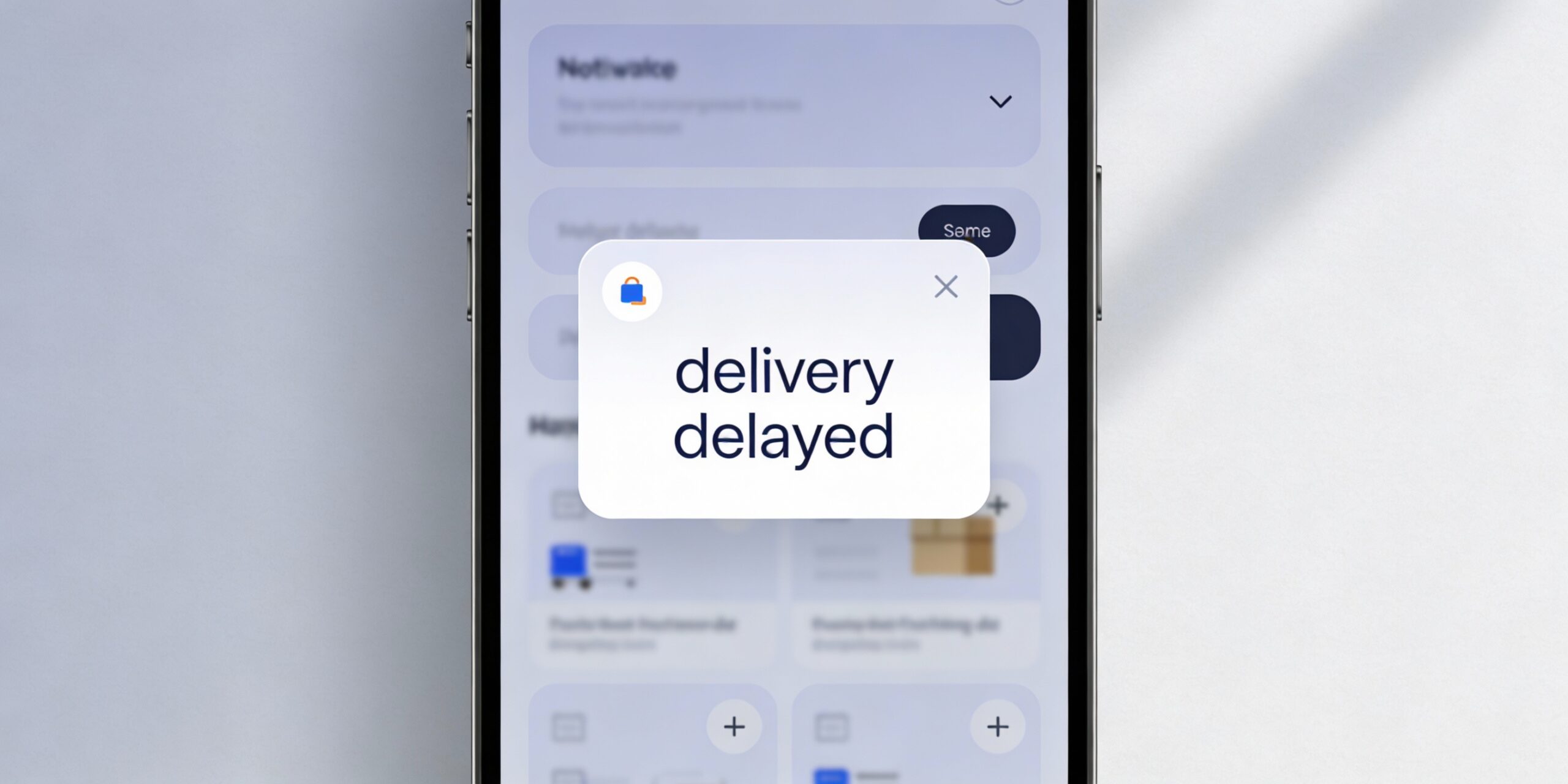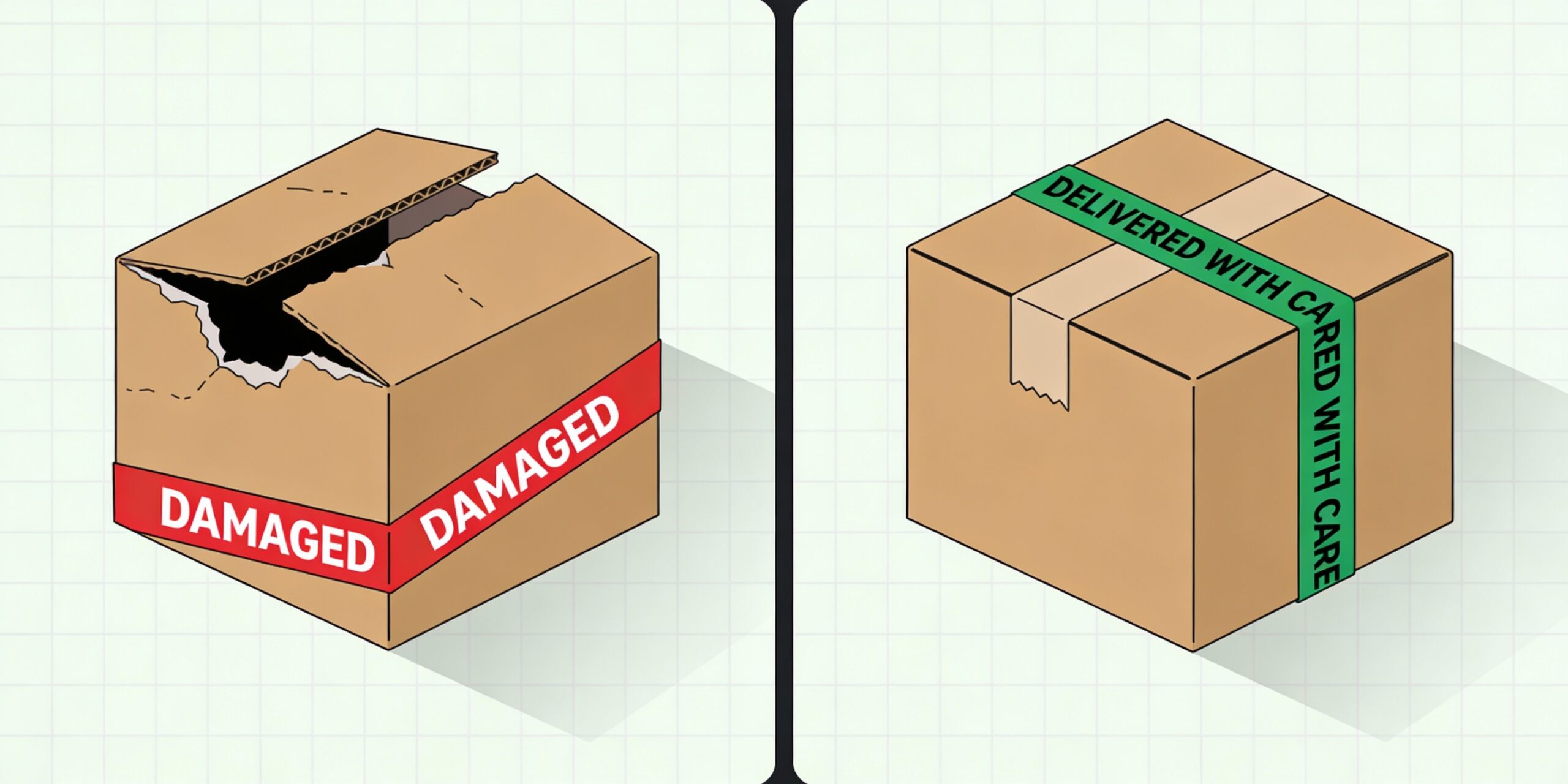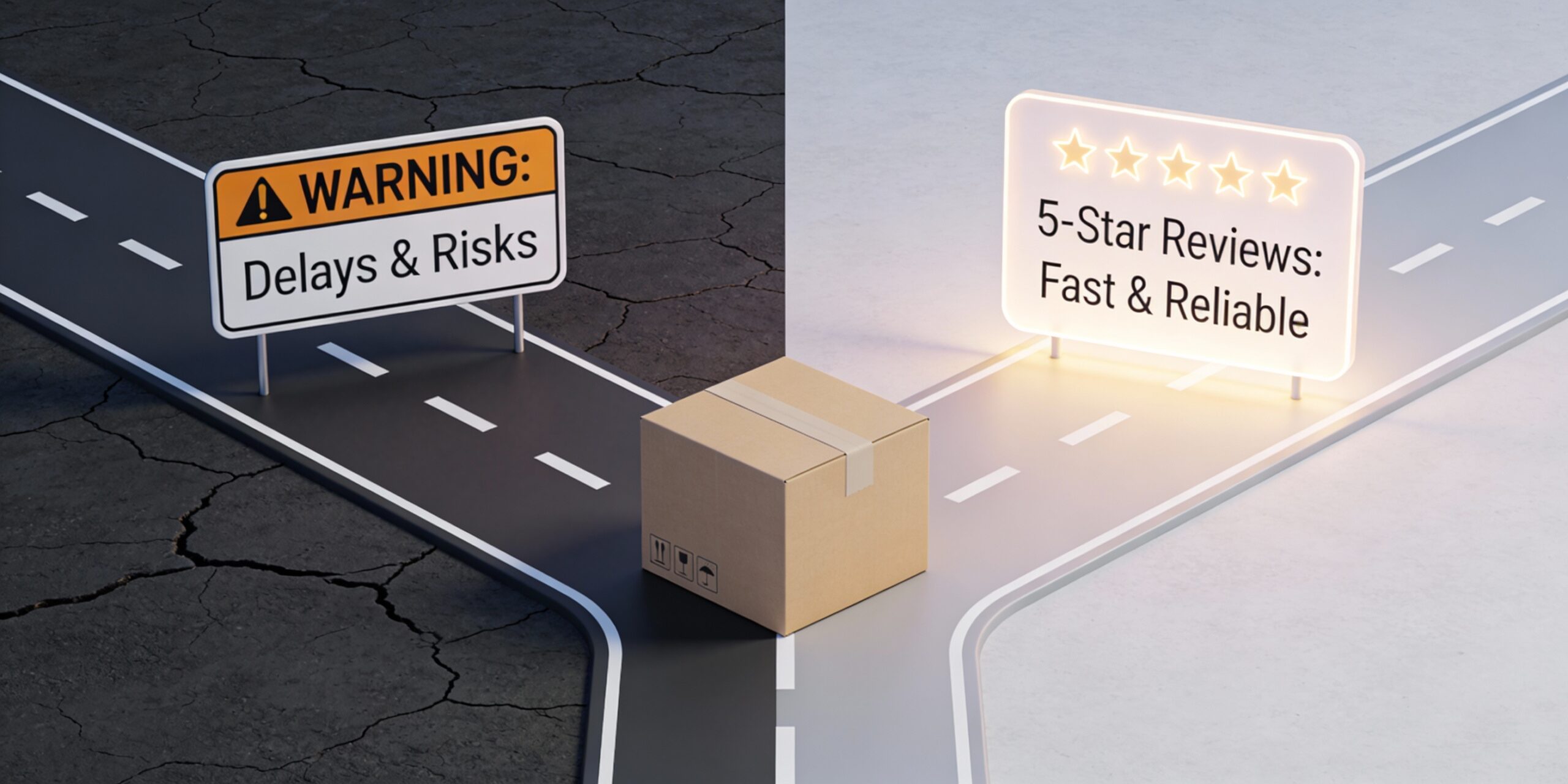I’ve seen the P&Ls for over a dozen 8-figure e-commerce brands this quarter. They’re all leaking money in the same place. It’s not their ad spend. It’s not their COGS.
It’s a line item on their FedEx and UPS invoices called ‘address correction fees’—and it’s costing them up to $24 every time a customer types in the wrong zip code.
Real talk: This isn’t rare. Carriers charge you a penalty every time they have to fix an address you provided. A missing apartment number, a typo in the street name, an old zip code—it all triggers a fee. FedEx charges a steep $22.50 per package for these corrections. UPS fees can run as high as $24.00 per package.
This is a completely avoidable tax on your revenue.
Carriers are profiting from these simple mistakes. You shouldn’t be paying them for it. So, why is this happening?
Two reasons. First, human error. Typos happen. Customers are rushing through checkout on their phones. It’s inevitable. Second, data decay. People move. Street names change. The customer data in your CRM gets old.
Don’t blame your customers. The system is broken. You need a system-level fix.
Here’s the fix: a zero-touch workflow.
It’s an automated system that catches and corrects address errors the second they’re entered. Zero human effort. Once you set it up, it just works. The benefits are immediate. You kill the costs. Those $24 fees just disappear from your invoices. You get your team’s time back. No more manually fixing addresses or answering “where’s my order?” tickets. That’s hundreds of hours a year. And your customers are happier. Fewer failed deliveries means they get their stuff on time. That drives LTV.
Ready to fix this? Here’s the 3-step plan you can start this afternoon.
- Validate addresses in real-time.
This is the most critical step. You have to stop bad data before it ever enters your system.
The move is to use an API that validates addresses as the customer types at checkout. It suggests corrections instantly, like when Google Maps corrects a typo. This is non-negotiable for modern e-commerce. It cuts down friction and ensures the data is clean from the start. - Clean your existing data.
Don’t ship new orders to bad addresses you already have.
Run a one-time scrub of your entire customer database in your CRM or ERP. This process cleans your existing list, standardizes formats, and flags any undeliverable addresses. It’s a quick win that prevents future problems. - Automate how you handle exceptions.
What happens if an address is still unclear? The system can’t decide between Apt 4B and Apt 4D.
Don’t send that ticket to your support team. Set up an automated email that goes directly to the customer, asking them to confirm their details before the order ships. This keeps the process zero-touch for your team and lets the customer fix the issue instantly.
What kind of tech do you need? Look for a tool with these four things.
- It must be CASS-Certified. This is the USPS gold standard for accuracy in the United States. It’s non-negotiable.
- It needs to plug directly into your e-commerce platform—Shopify, BigCommerce, whatever you use—without a massive IT project.
- If you sell internationally, your tool must understand and validate different global address formats.
- It should also have an autocomplete feature. This suggests verified addresses as the user types, killing input errors from the start.
You’re not just plugging a leak. You’re building a more profitable operation. Think of it like this: you prevent a $24 fee, you save the hours your customer service team spends fixing it, and you ensure a smooth delivery that builds loyalty. That adds up fast.
Fixing this stuff automatically pays for itself over and over. A Forrester study on a similar idea—Zero Trust security—found it delivered a 246% ROI. The principle is the same: preventing problems is always cheaper than fixing them.
Stop paying carriers for your customers’ typos.
Go fix this now.





